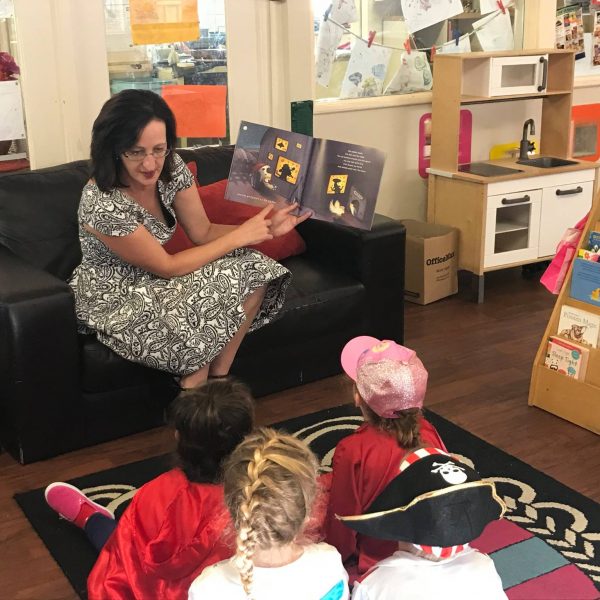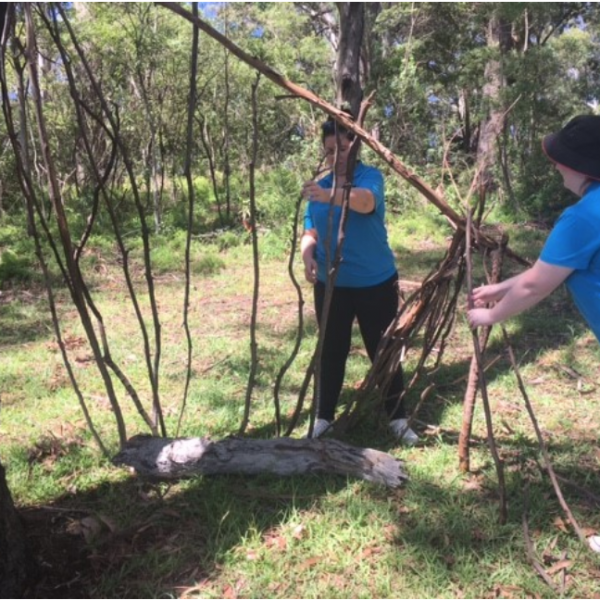Uncovering the value of out-of-hours school learning programs
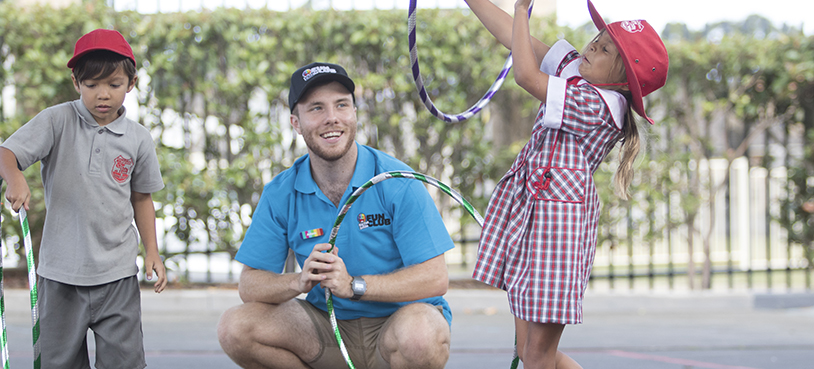
Australia, like other countries internationally, are experiencing steady growth patterns in children attending out-of-school hours care (OSHC) programs in response to parental demands for enjoyable, safe, supervised environments after school (Simoncini, Cartmel and Young (2015)). For example, the number of children using OSHC increased by 17,320 between June 2017 to June 2018 (Australian Government Department of Education and Training, 2018).
In NSW the population of primary school aged children is forecast to increase from 434,541 students in 2011 to 624,700 students in 2041, an increase of 44% on 2011 levels (NSW Department of Education, 2017). Therefore, many schools are working with various providers, such as Big Fat Smile, to provide quality, safe and reliable OSHC programs that are located on or near school grounds. Many parents view OSHC programs as a means to ‘fill the gap’ between school hours and parents work hours. However, an increase in evidence-based research is confirming a multitude of benefits children and families are gaining from being involved in OSHC learning programs.
Past research outcomes highlight a number of benefits associated with children participating in OSHC learning programs, such as Big Fat Smile’s OSHC services (Fun Club). Some of the benefits are as follows;
Create a sense of belonging– children have the opportunity to build on existing and new relationships, and can access support from peers and educators (Simoncini, Cartmel & Young 2015). Relationships are the key to feeling a sense of belonging. Have a strong sense of belonging further develops children confidence, self-concept and self-esteem.
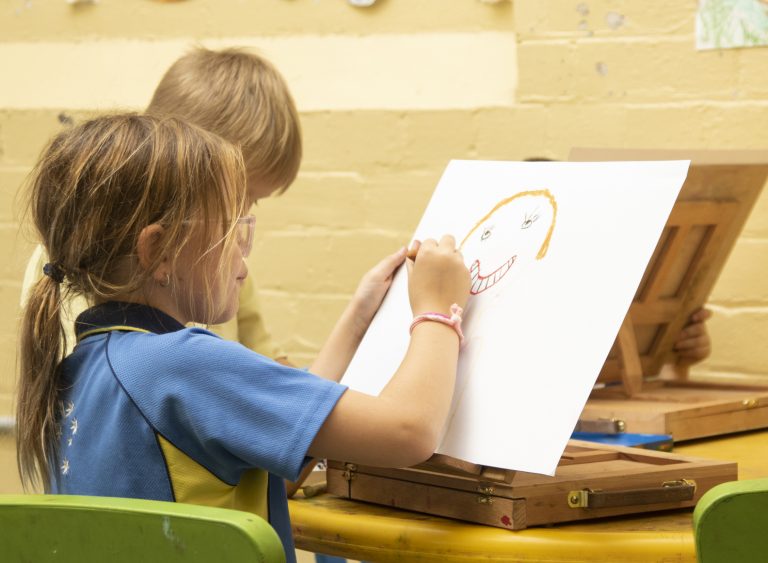
Improved social skills and formation of Friendships– children can practice and enhance their social, emotional, communication and language skills with a more diverse group of children, given enrolments consist of children from multiple primary schools across different age groups. Children are given opportunities to enhance their pretend play, imagination, conflict resolution, negotiation, and co-operation skills by sharing their emotions and feelings.
Provide academic support- children have the opportunity to complete homework in a safe and relaxed environment alongside peers and qualified educators. Studies show children who regularly participate in high-quality OSHC programs show improvements in behaviours, attitudes and peer relations and achievement (Dockett & Perry 2016; Simoncini, Cartmel & Young 2015).
Play is learning- Article 31 United Nations Convention on the Rights of the Child (UNCRC) advocate that children have the right to relax, play and join in cultural, artistic and other recreational learning experiences. OSHC provides greater opportunities for choice in play and leisure based experiences than home environments (King & Howard 2014). Play-based learning environments in OSHC enable children to experiment, explore, investigate, co-construct, increase vocabulary and communication skills, as they immerse themselves in a range of experiences. For example, children engaging in robotics, Lego, cooking, construction or science experiments are expanding their skills and knowledge around STEM-based concepts (Science, technology, engineering and Maths).
Safety and supervision– children often will relax if provided with a safe, secure and well-supervised learning environment. Children thrive developmentally if they feel safe, nurtured and cared for, opposed to children left unsupervised after school, which can lead to feelings of loneliness, isolation and anxiety.
Build confidence– Under a strength-based philosophy, educators can encourage children to try new things and participate in a variety of new, fun and challenging experiences. Educators can guide children to be ‘risk takers’ in learning as they try the unfamiliar and participate in new tasks with optimism.
Children are viewed as competent agents- educators recognise children’s sense of agency, respecting their rights and being listened to and respected. Children value being consulted and impacting the choices available within the learning program. Children are encouraged to be autonomous, be involved in decision making and have a voice in choosing their own experiences as they collaborate with educators on how to best use the facilities to meet their needs (AGDEEWR, 2012).
Increases in physical activity- after children spend a large portion of their school day in a sedentary classroom, physical activity is a vital component of OSHC programs. Educators play an important role in teaching and demonstrating physical activity skills (motor skills such as kicking, catching, throwing, running, jumping, sidestep etc.), as these skills form the foundation of many sports such as netball, soccer, AFL, basketball, baseball etc. Children who develop these skills correctly will have more confidence in participating in sports at an early age, which in turn will lead to healthy lifestyle practices and reduce health risks later in adolescence and adulthood.
Nutritional food- children are offered a variety of good quality, nutritional based food and drink, to encourage healthy food choices and lifelong healthy food habits. Children are invited to co-construct the menus and enjoy opportunities of cooking food for themselves and their peers. Through these experiences, children learn about our Australian Dietary Guidelines, and healthy eating preferences. Research indicates that after school food choices are a priority for children, therefore, seeking children’s input into this part of the program is essential.
Trained educators– qualified educators are trained to support the various needs of children, facilitate age /stage appropriate learning experiences and facilitate choice in play-based learning experiences (visual arts, music, drama sport, literacy, STEM).
Developmental benefits- positive association with self-care, interpersonal interactions, emotional wellbeing, increased independence and autonomy.
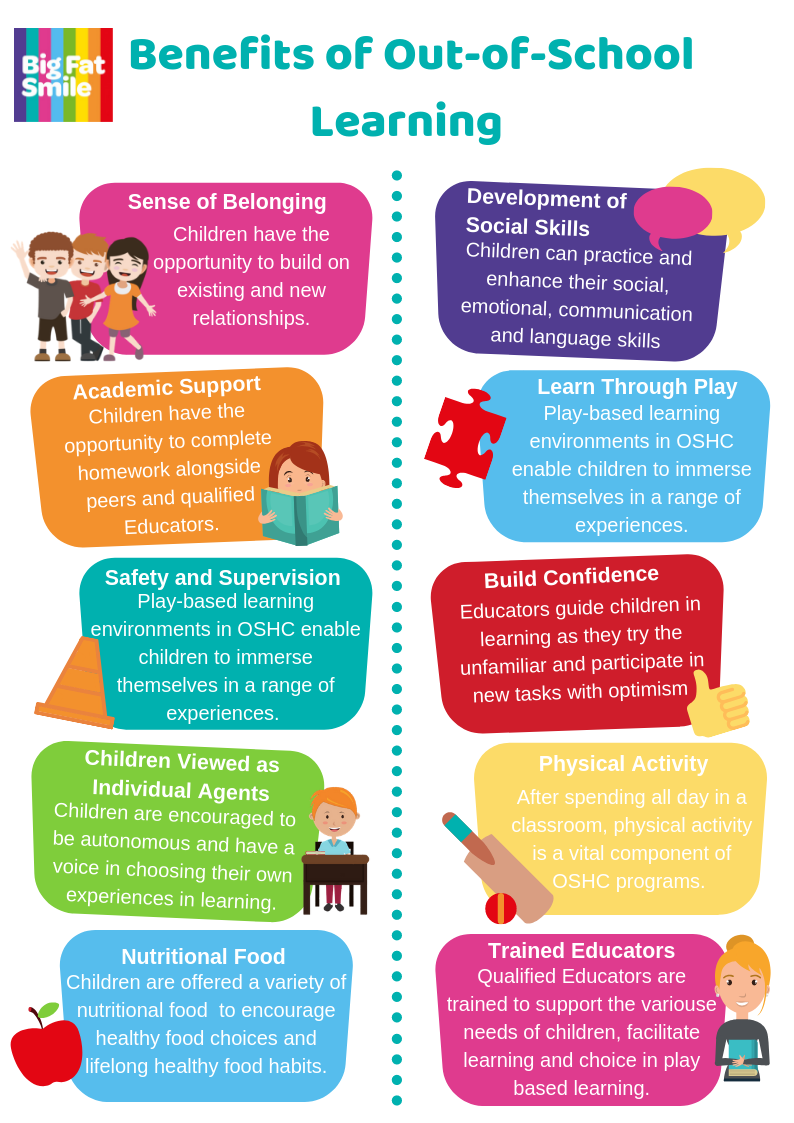
Out-of-school hour programs supported by National framework called My Time Our Place (MTOP)
In 2012, National Quality Framework (NQF) was introduced to improve the quality of education and care for services catering for children Birth-12years, inclusive of preschools and OSHC programs. OSHC programs are currently assessed and rated by state and territory regularity authorities against five rating levels: Excellent, Exceeding National Standards, Meeting National Standards, Working towards and significant improvement required. To date, the overall quality ratings by Out-of-school-hours programs nationally report that 27% are rated at working towards, 57% are rated at Meeting and 16% are rated at exceeding. Big Fat Smile OSHC programs (called Fun Clubs), at the end of 2018, had 100% services rated as exceeding.
Within the National Quality Framework, ‘My Time, Our Place- Framework for School Age, is the first National framework for school-age care that acknowledges the importance of learning through play and leisure that fosters children’s wellbeing and development. Under this framework, educators at Big Fat Smile ‘Fun Club’ programs engage children in the development of the programs, allowing them to feel safe, happy, and relaxed. At Fun Club, children have the opportunity to further develop their sense of identity, knowledge and skills for citizenship and life skills across a range of experiences (AGDEEWR, 2012).
References:
Australian Government Department of Education, Employment and Workplace Relations (AGDEEWR) (2012), Educators My Time Our Place- educators Guide to the framework for school Age Care in Australia, (AGDWEER), Canberra.
Australian Government Department of Education and Training (2018) Early Childhood and Child Care in Summary- June quarter 2018 https://docs.education.gov.au/system/files/doc/other/eccc_in_summary_jun_quarter_2018_0.pdf.
Dockett & Perry (2016) Supporting children’s transition to school age care, the Australian Educational Researcher, 43, pp309-326.
Horgan et al 2018 Children views on school-age care: Child’s play or childcare? Children and Youth Services Review, 91, pp338-346.
King & Howard, (2014) Children perceptions of choice in relation to their play at home, in the school playground and at the out-of-school club, Children and Society, 28, pp116-127.
NSW Department of Education (2017) Out of School Hours Care- A review of supply and demand in New South Wales. Deloitte Access Economics, Australia.
Simoncini, Cartmel and Young (2015) Children’s voices in Australian School Age care. International Journal Extended education, 3(1), pp114-131.
UN General Assembly, Convention on the Rights of the Child, 20 November (1989), United Nations, Treaty Series, vol. 1577, p. 3, available at: https://www.refworld.org/docid/3ae6b38f0.html
Popular

Quality
Practice
Provider
Research
Workforce
Honouring the quiet magic of early childhood
2025-07-11 09:15:00
by Fiona Alston

Policy
Practice
Provider
Quality
Workforce
Minister Jess Walsh signals urgent action on safety and oversight in early learning
2025-07-11 08:45:01
by Fiona Alston

Workforce
Policy
Quality
Practice
Provider
Research
The silent oath: Why child protection is personal for every educator
2025-07-17 09:00:31
by Fiona Alston










